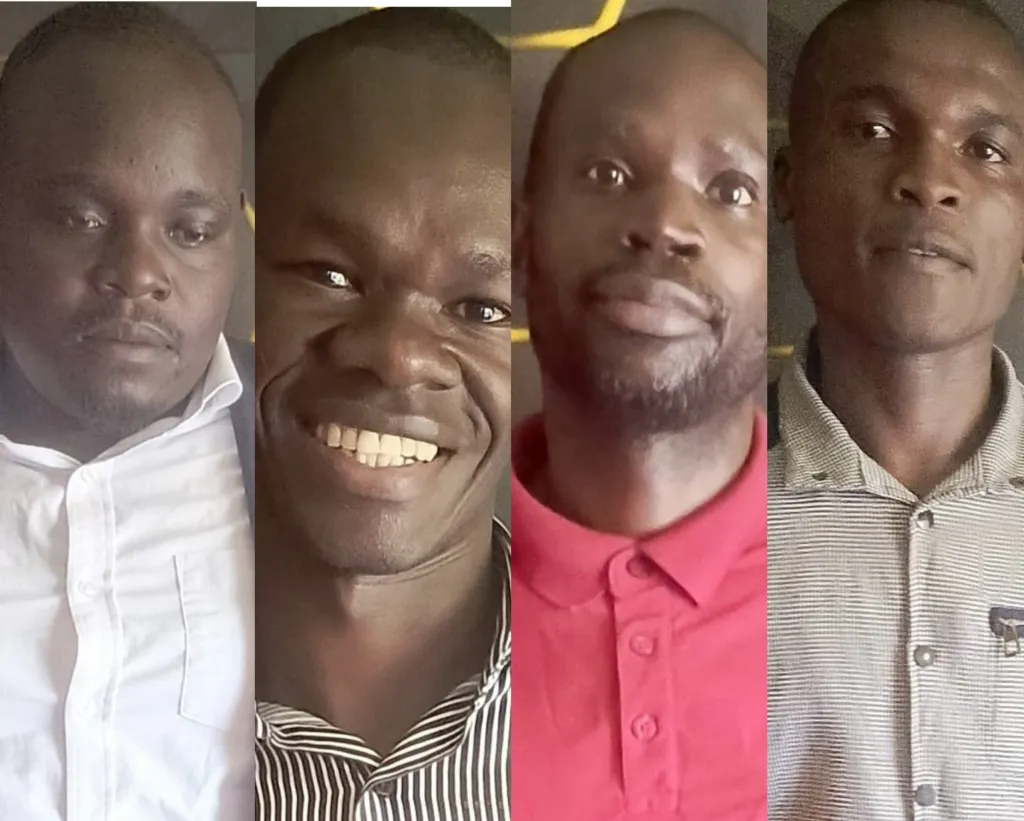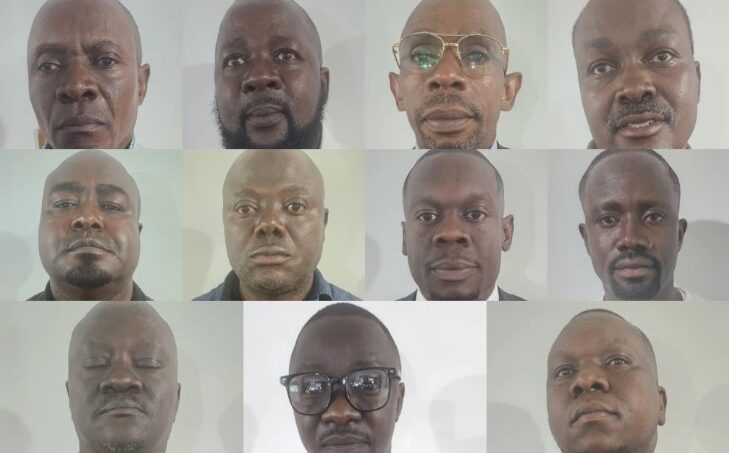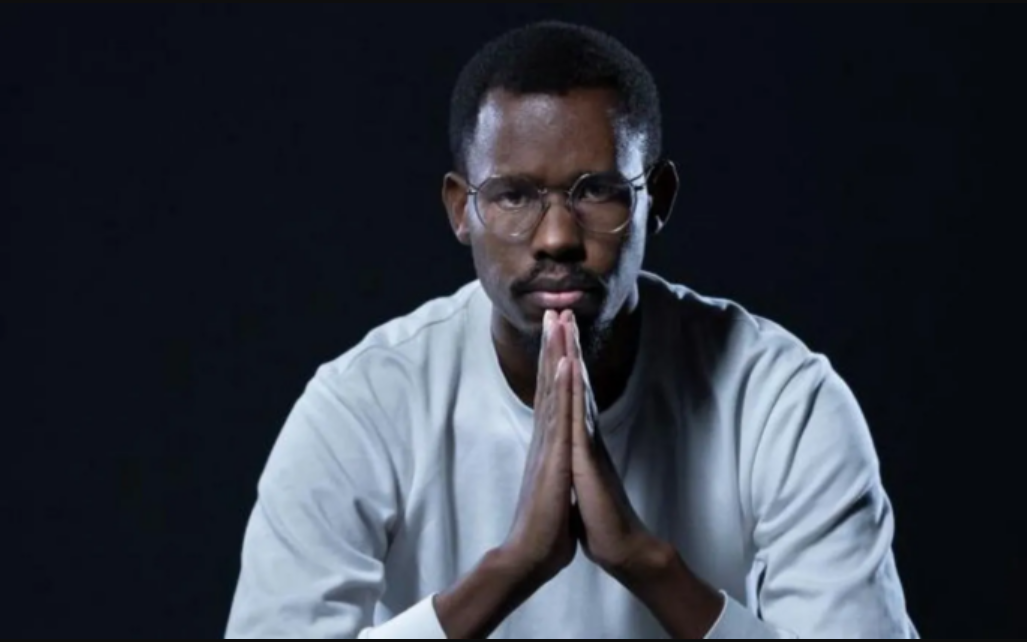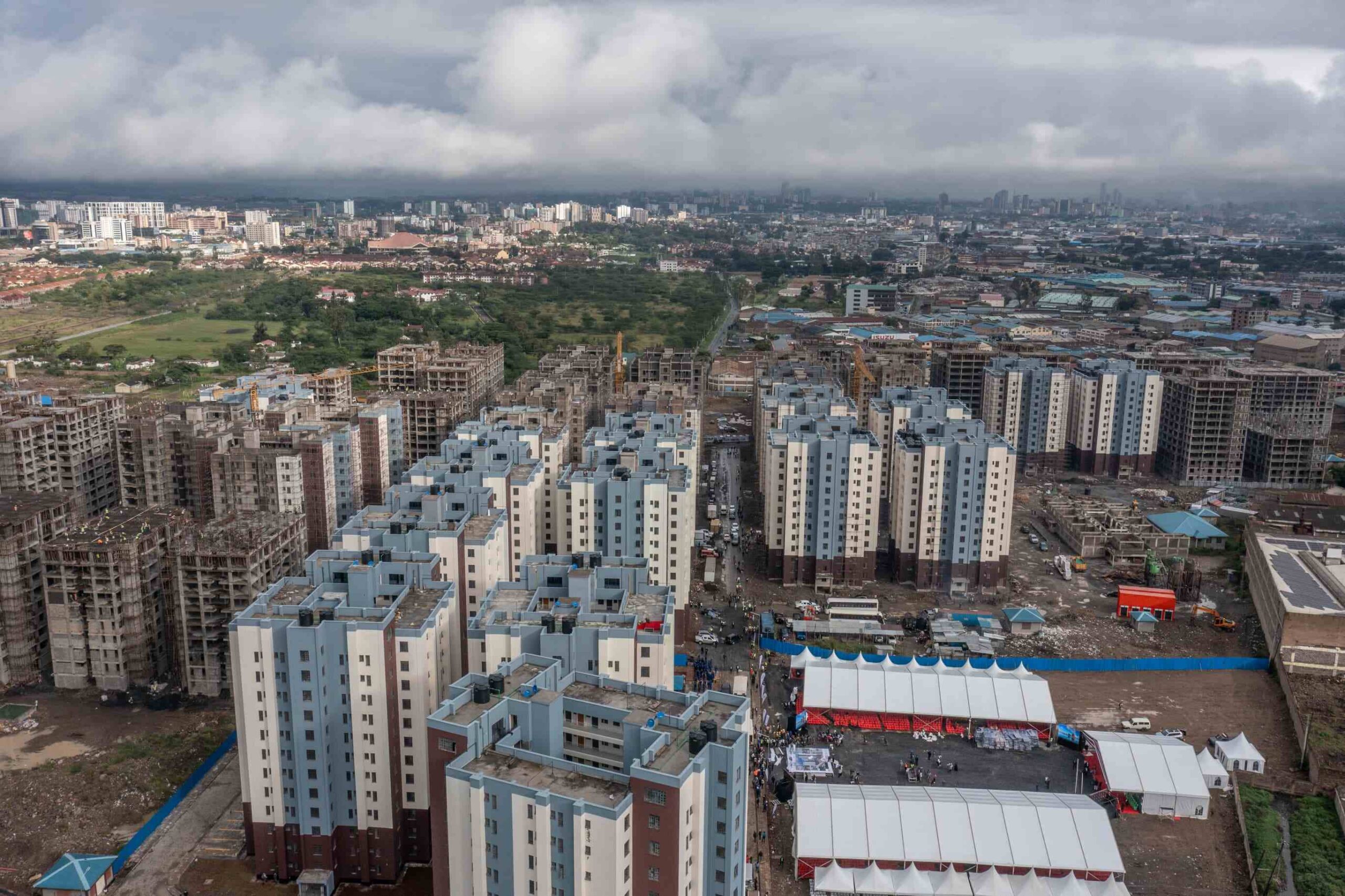Gachagua Calls for Accountability: Eliud Langat Under Fire After Custody Death
Gachagua Stuns the Nation with Demand for Eliud Langat's Firing Over Custody Incident
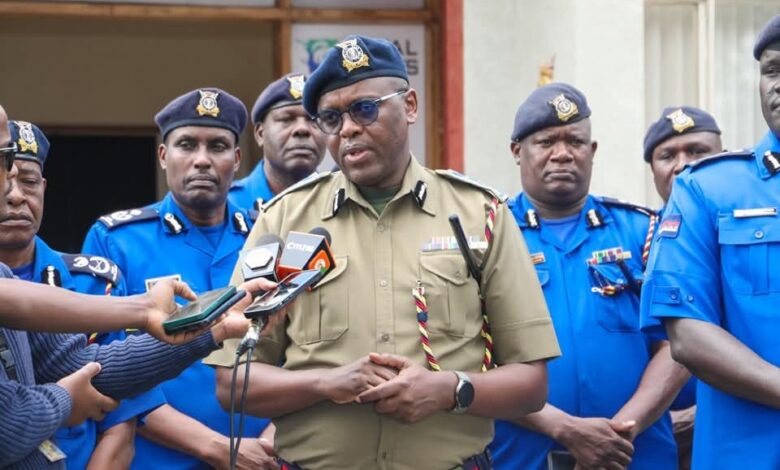
Eliud Langat faces criticism regarding his involvement in the death of Ojwang.
Rigathi Gachagua has made his stance clear regarding the tragic death of Albert Ojwang, directly implicating Deputy Inspector General Eliud Langat in a public statement issued on June 9.
Gachagua asserts that Langat was not only responsible for Ojwang’s arrest but also played a crucial role in his transfer from Homa Bay to the Central Police Station in Nairobi, where the 28-year-old influencer died under suspicious circumstances. He emphasized that this incident was far from a routine arrest, labeling it as a targeted and politically motivated action for which Langat must be held accountable.
Furthermore, Gachagua alleged that Langat exercises control over both the Kamukunji and Central police stations without the oversight of Inspector General Douglas Kanja, a situation he claims facilitated the unlawful transfer of Ojwang over a significant distance from his home.

While police reports suggest that Ojwang sustained fatal injuries after hitting his head against a wall while in custody, Gachagua contends that the public is skeptical of this narrative, urging them to question its validity. He described the two police stations as being perceived by the public as torture chambers, suggesting that the decision to move Ojwang to Nairobi was deliberate.
Gachagua’s remarks resonate with a growing wave of indignation among young Kenyans, many of whom believe that Ojwang was specifically targeted for his critical remarks about Langat on social media.
He supports this perspective, asserting that Ojwang’s only “offense” was voicing a legitimate opinion online. Gachagua concluded with a strong warning about the government’s attempts to suppress the voices of the younger generation, declaring that such efforts must come to an end.
Gen Z Demands Accountability Over Police Brutality
Albert Ojwang wasn’t just another influencer. He was a young voice speaking up about police conduct and government overreach. His death has become a rallying cry for many Kenyans, especially on social media platform X (formerly Twitter), where the hashtag #JusticeForAlbert continues to trend.
Many are asking hard questions: Why was Ojwang moved to a station far from home? Why did he die inside a police cell? Why is the man accused of ordering the arrest—Eliud Langat—still in office?
Gachagua’s call for Langat’s suspension is gaining traction online and offline. He has urged the state to act swiftly and transparently.
“Let the Deputy IG step aside. Let a real investigation begin,” Gachagua said.
His statement came hours after the Inspector General, Douglas Kanja, ordered the interdiction of all officers who were on duty during the night Ojwang died. That includes the Officer Commanding Station (OCS) at Central Police.
The National Police Service (NPS) has promised full cooperation with the Independent Policing Oversight Authority (IPOA), which is now investigating the incident separately. But for many Kenyans, that’s not enough. They want heads to roll—and they want them to roll fast.
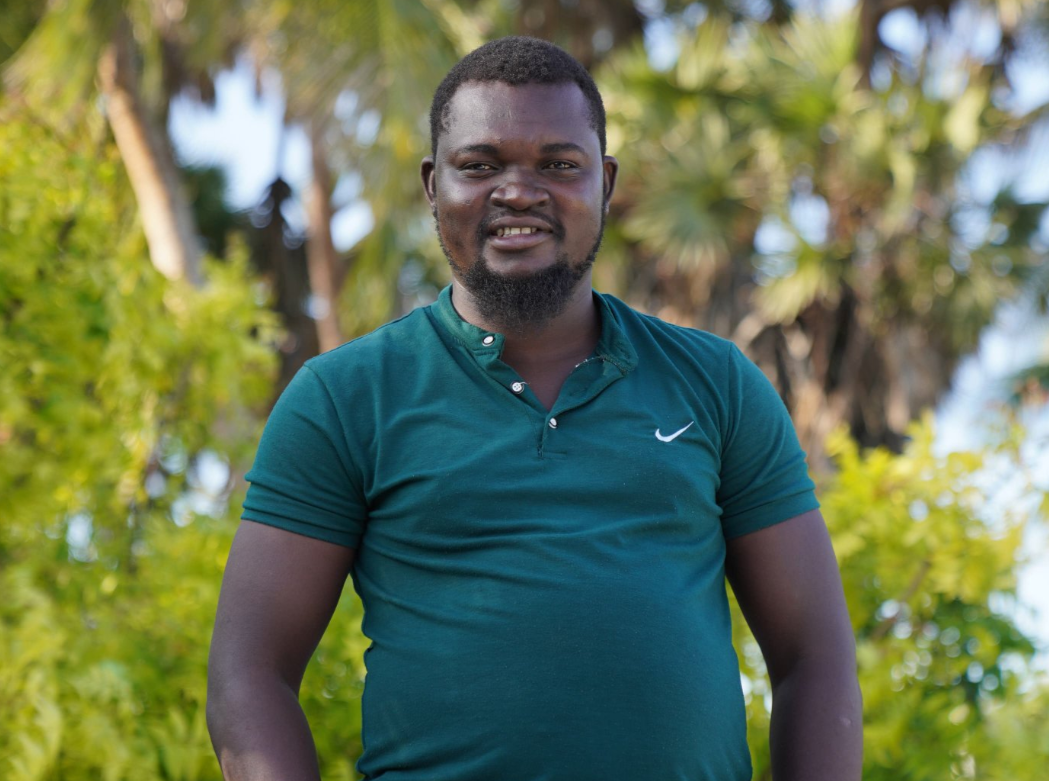
Eliud Langat Now Seen as Symbol of Police Impunity
This is not the first time the Kenyan public has raised concerns about police abuse and lack of accountability. But this case hits different. Ojwang’s youth, influence, and sudden death in custody have turned attention squarely on Eliud Langat.
“The Deputy IG is no longer just a senior cop,” one user posted online. “He’s the face of everything wrong with the system.”
For Gachagua, Langat represents the rot that has infiltrated law enforcement. His alleged role in Ojwang’s death, his direct management of police stations, and his suspected disregard for the chain of command have made him a dangerous figure in the eyes of many.
“This is a test for the Kenyan government,” Gachagua added. “Will they protect Langat—or will they protect justice?”
Whether Langat is suspended or not, the call for reform is growing louder. From Nairobi to Homa Bay, from digital spaces to the streets, Kenyans are demanding better.
As pressure mounts, the ball is now in the court of President William Ruto and Inspector General Kanja. Will they act to restore trust, or will they shield Eliud Langat?
For the family of Albert Ojwang and the youth of Kenya, the answer may define the future of civil liberties in the country.

